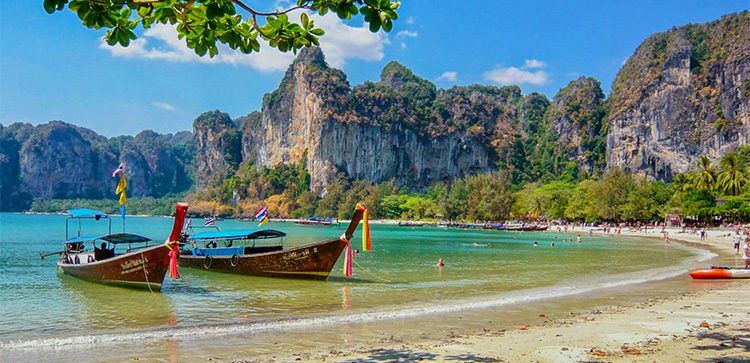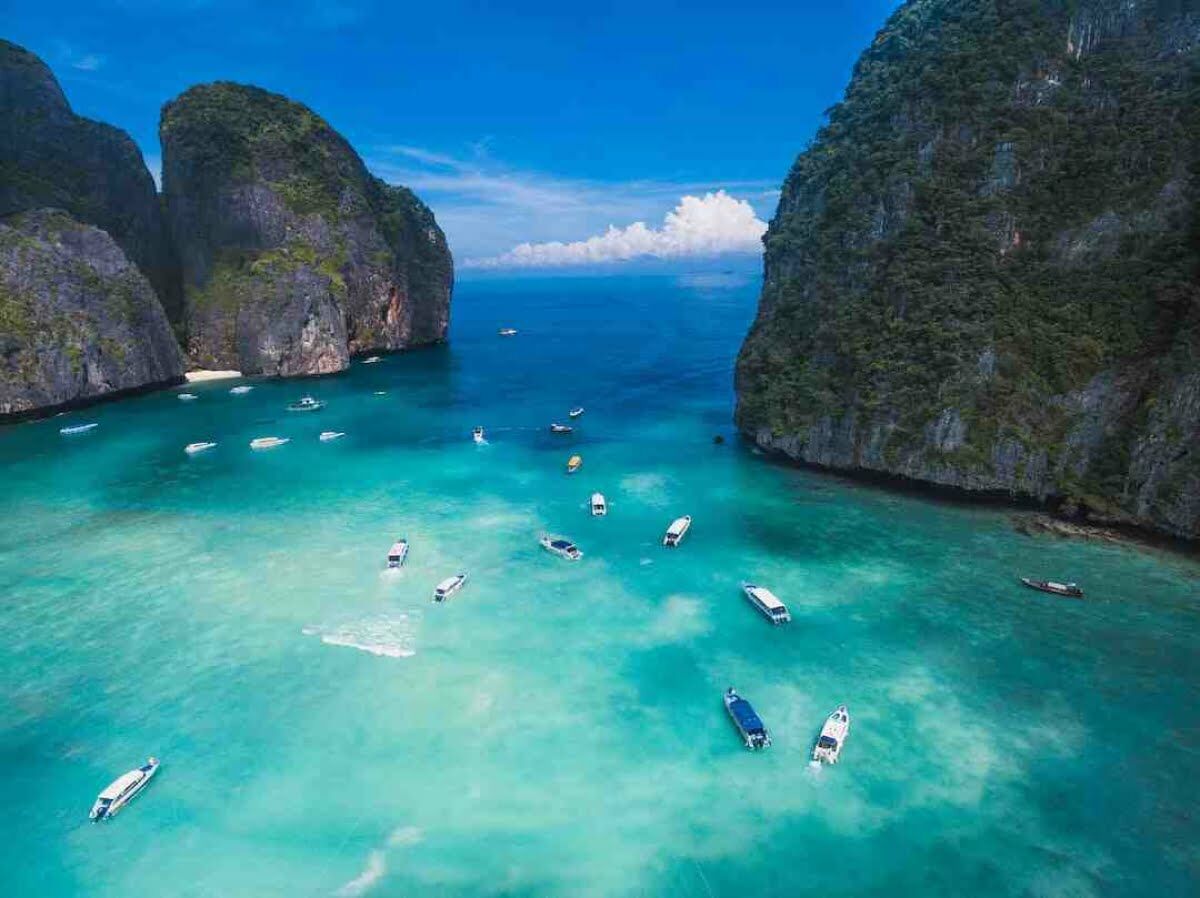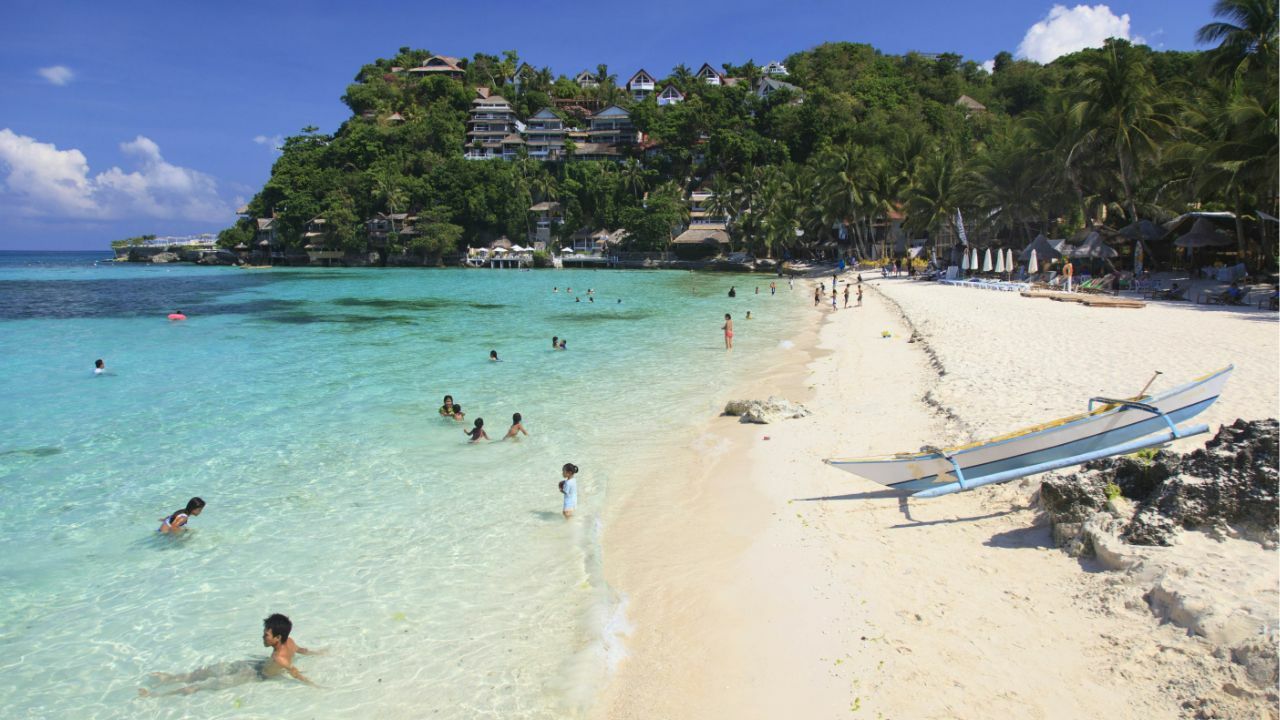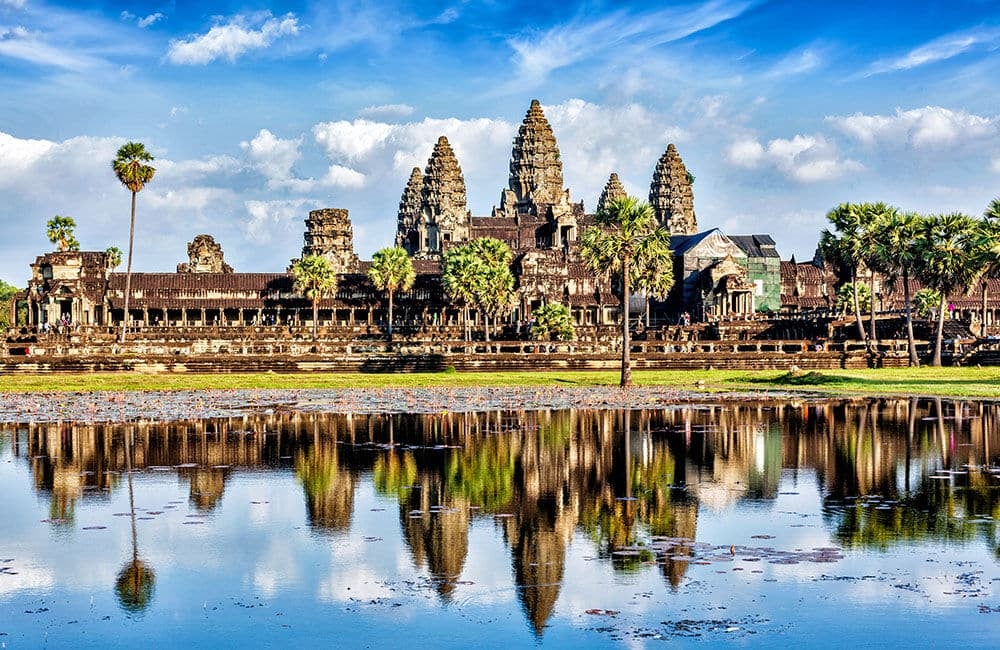Snubbed middle-income retirees look beyond Thailand to SE Asia
As entry tightens, only world's wealthiest need apply for Thai retirement visa

For decades, Thailand has been the quintessential destination for retirees seeking an affordable, beautiful, and culturally rich new home. With its golden beaches, vibrant cuisine, and famously welcoming population, the Land of Smiles has lured hundreds of thousands of Westerners to spend their golden years soaking up its tropical hospitality.
Yet, a quiet transformation is taking place beneath the palm trees. As Thailand sharpens its focus on attracting wealthy global citizens, the reality for middle-income retirees is changing: the gate is closing, and quickly.
In the past, Thailand’s retirement visas were considered among the most accessible in Asia. The longstanding Non-Immigrant O-A and O-X visa categories allowed foreigners aged 50 and above to take up residence in Thailand.
The requirements were fairly modest by global standards: a minimum of 800,000 baht (US$22,000) in a Thai bank account, or proof of a monthly income of 65,000 baht (US$1,800), plus a clean criminal record and health insurance.
But in recent years, the winds have shifted. As part of an ongoing effort to target high-spending retirees and stem what it perceives as an influx of budget expats, Thai officials have steadily raised the bar.
In 2023, the so-called Long Term Resident (LTR) visa was launched: a programme explicitly marketed to the wealthy global citizen. The requirements? At least US$80,000 annual income for the past two years and US$1 million in assets, effectively pricing out anyone but the truly affluent.

Meanwhile, health insurance requirements for the regular retirement visas have been tightened in the wake of Covid-19, and there is persistent speculation that the financial benchmarks may rise further.
Anecdotally, many retirees have also reported increasingly arcane and shifting application processes, with the subtle message being: unless you’re bringing significant wealth, Thailand’s doors are closing.
What’s behind this strategic pivot and does it make sense? On paper, the prospect of turning the country into a magnet for affluent retirees is tempting.
Wealthier residents inject more money into the economy, pay more for healthcare and housing, and theoretically bring fewer headaches in the form of visa overstays or illegal work. Thailand’s policymakers see this as a clear win.
Yet, this logic is blinkered. The notion of barring the merely comfortable middle class is short-sighted, especially when one considers the country’s decades-long reputation as an affordable, friendly destination perfectly matched for retirees seeking value and quality of life, rather than luxury and exclusivity.
For every millionaire foreigner, there are dozens more with more modest means: early retirees, teachers, small business owners, civil servants, who could have spent their pensions in Thailand, stimulating local economies in cities, towns, and villages across the nation.

Alternatives: Southeast Asia’s other retirement havens
For the modern retiree, Southeast Asia remains rich in options. And as Thailand pivots towards the luxury set, its neighbours are rolling out the welcome mat for the middle-income earners that the Thai government don’t care about.
1. The Philippines: Friendliest in the region?
The Philippines stands out as perhaps the region’s most retiree-friendly destination for those of average means. The Special Resident Retiree’s Visa (SRRV), offered by the Philippine Retirement Authority, is both straightforward and flexible.
To qualify, retirees aged 50 or above simply need to show a monthly pension of US$800 (for a single applicant) and deposit US$10,000 into a local bank, or, if without a pension, a US$20,000 deposit.
There’s no income ceiling, no punitive insurance requirements, and the process is transparent. Better still, SRRV holders can work, invest, and travel in and out of the country without hassle.
English is widely spoken and Western retirees will find an easy cultural transition, and all this at a cost of living that remains among the lowest in the region. No, the Philippines doesn’t boast the infrastructure of Thailand, and safety in certain areas is a consideration, but for many retirees, the maths is compelling.

2. Cambodia: Simplicity and flexibility
Long seen as the wild east of Southeast Asian travel, Cambodia has, in fact created a quietly attractive set of options for retiree expats.
The Cambodian ER visa extension is available to foreigners aged 55 and up, and simply requires a recent passport photo, a fee (as low as US$300 annually through an agent), and proof of retirement status, with no high deposit requirements or monthly income thresholds. There’s also no requirement to purchase costly health insurance locally.
Infrastructure and healthcare still lag behind Thailand, and English is less widely spoken, but the cost of living is lower, the visa process is far less stressful, and the kingdom’s charm is real for those looking for a slower pace, unspoiled beauty, and a touch of frontier adventure to their retirement.

3. Vietnam: New flexibility for a growing demand
Vietnam has long been the dark horse of the Southeast Asian expat scene but is now emerging as a serious contender, particularly with recent changes to its visa policy.
While Vietnam has not had a specific retirement visa, as of 2023, the country began piloting a long-term investor and specialist visa, which can often be adapted by retirees with a small investment or the right professional profile.
More recently, the Vietnamese government announced they are considering a new retirement visa specifically tailored for foreigners aged 55 and above, with minimum income or asset requirements expected to be significantly lower than Thailand’s thresholds.
Vietnam’s towering advantage lies in its stunning diversity, cosmopolitan cities, exceptional food, and still-remarkable affordability. Expat retirees praise the friendly vibe, fast-improving healthcare, and the country’s dynamic, youthful energy. The government is signalling it wants to welcome long- term foreign residents, not just rich ones.

So, is Thailand’s strategy actually working? Early signs are troubling. While there is ongoing interest in the LTR and elite visas from high-net-worth individuals, many longtime residents, the backbone of Thailand’s Western expat community, are quietly leaving.
Online forums are filled with tales of retirees departing for the Philippines, Cambodia, or Vietnam, driven away by uncertainty, increasingly aggressive immigration policing, and a sense of being no longer welcome.
The economic impact may be subtle for now, but will likely grow. Middle-class retirees don’t just live quietly on the beach; they buy condos, eat out, volunteer, support Thai families, and build ties in the community.
They provide steady, reliable spending across the country, not just in luxury enclaves or expat ghettos. In chasing the high roller, Thailand risks becoming a place for shorter-stay, less-integrated, and ultimately less economically enmeshed foreigners.
Southeast Asia is changing rapidly, so too are its populations and economies. The old model, in which a few select countries monopolised the retiree expat market, is gone.
As the region becomes more interconnected and more countries open up to long-stay foreigners, retirees have a wealth of options, many more in tune with the realities of the middle-income earner than ever before.
Land of Smiles
Thailand must pay attention. If it wants to remain the true Land of Smiles for the world’s retirees, not simply a playground for the wealthy few, it must reevaluate its retirement visa policies.
By shutting out the middle class, the country risks losing far more than just a few bank transfers, but the vibrant, respectful community of foreigners who have long called Thailand their second home.
There is still time for Thailand to reconsider, to craft smarter, more flexible, and more welcoming visa policies.
It would do well to look at its neighbours and rediscover the open, affordable spirit that first made it Asia’s retirement capital. Because, in the end, accessible does not mean exclusive, and the happiest retirements, for both expats and host countries, are built on true inclusion, not just affluence.
Latest Thailand News
Follow The Thaiger on Google News:


























